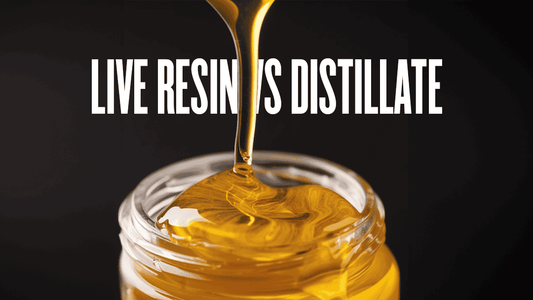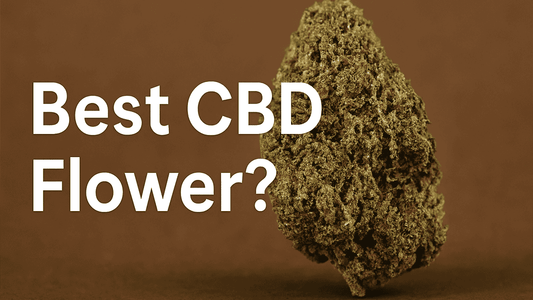With such a high percentage of the UK population dealing with sleep problems, it is no surprise that CBD has become a staple for many people. But, there does seem to be a lack of knowledge regarding the potential side effects CBD can have on the quality of our sleep. In this article, we hope to share some information you might not have known about how CBD can impact us when sleeping.
CBD Can Help You Sleep?

A 2019 study on the use of CBD in anxiety and sleep found that a high dose of CBD at 160mg increased sleep duration. The study also found success in lower amounts of CBD (40,80, and 160mg CBD) in combination with the insomnia drug nitrazepam.
When our cortisol levels, the stress hormone, remain high at night, the body struggles to sleep. Having heightened cortisol levels at night is associated with an increased number of nighttime awakenings.
A recent study found some positive effects from high CBD doses and cortisol levels. It found that participants that took 300 or 600mg of CBD oil reduced their cortisol levels, suggesting that CBD affects the release of cortisol - possibly acting as a sedative. Such a high CBD content is hard to administer without a powerful specialist CBD oil, such as the 5000mg CBD oil by EQL.
The Lesser-Known Side-Effect of CBD on Sleep

Interestingly, CBD's effect on our sleep quality is almost the opposite of THC. THC often reduces the quality of our REM sleep, while a recent study shows that CBD efficiently blocks anxiety-induced REM sleep suppression.
THC is also noted for its effect on blocking us from dreaming and recalling our dreams. This is due to the reduction in REM - Rapid Eye Movement - sleep experienced by THC users. That’s when our most vivid dreams occur.
While THC stimulates our CB1 receptors found in the brain, CBD displays high potency as an antagonist of CB1 receptors. This means that it diminishes the effects that THC can cause on the brain, including the reduction in sleep quality.
We are fortunate that scientists are researching the effects of CBD and other cannabinoids regarding sleep quality; however, we’re still in the early days of that research. There’s plenty of anecdotal evidence of CBD's effects on sleep in the various cannabis communities online. This post mentions the impact CBD can have on dream memory, while this one talks about how dreams are much more vivid after taking them.
Other Effects CBD Can Have On Sleep

Many new CBD users worry that they will experience adverse side effects from CBD if they take large doses. We are glad to confirm that there are no reports of lethal CBD overdoses, and according to the World Health Organization, CBD “does not appear to have abuse potential or cause harm”.
Some people report the effects of fatigue and mental sedation when using CBD, aiding them in the process of sleeping after a stressful or active day. The extent to which fatigue is felt depends on the dose of CBD; research indicates that significant amounts have higher success at reaching this state than low doses.
Summary
When it comes to improving the quality of our sleep, there is no doubt that for many, the effects of CBD are more favourable than THC. Dreams are a natural part of the human experience and offer us a reflective outlook on what we’re thinking and dealing with subconsciously. Perhaps this article will resonate with people who haven’t experienced dreams in a long time or frequent THC users who have lost the ability to dream.Let us know your experience with CBD and sleep; perhaps you’ve got an exciting story to tell us about your experience with CBD and sleep.

 4.6 Rating. Excellent.
4.6 Rating. Excellent.




